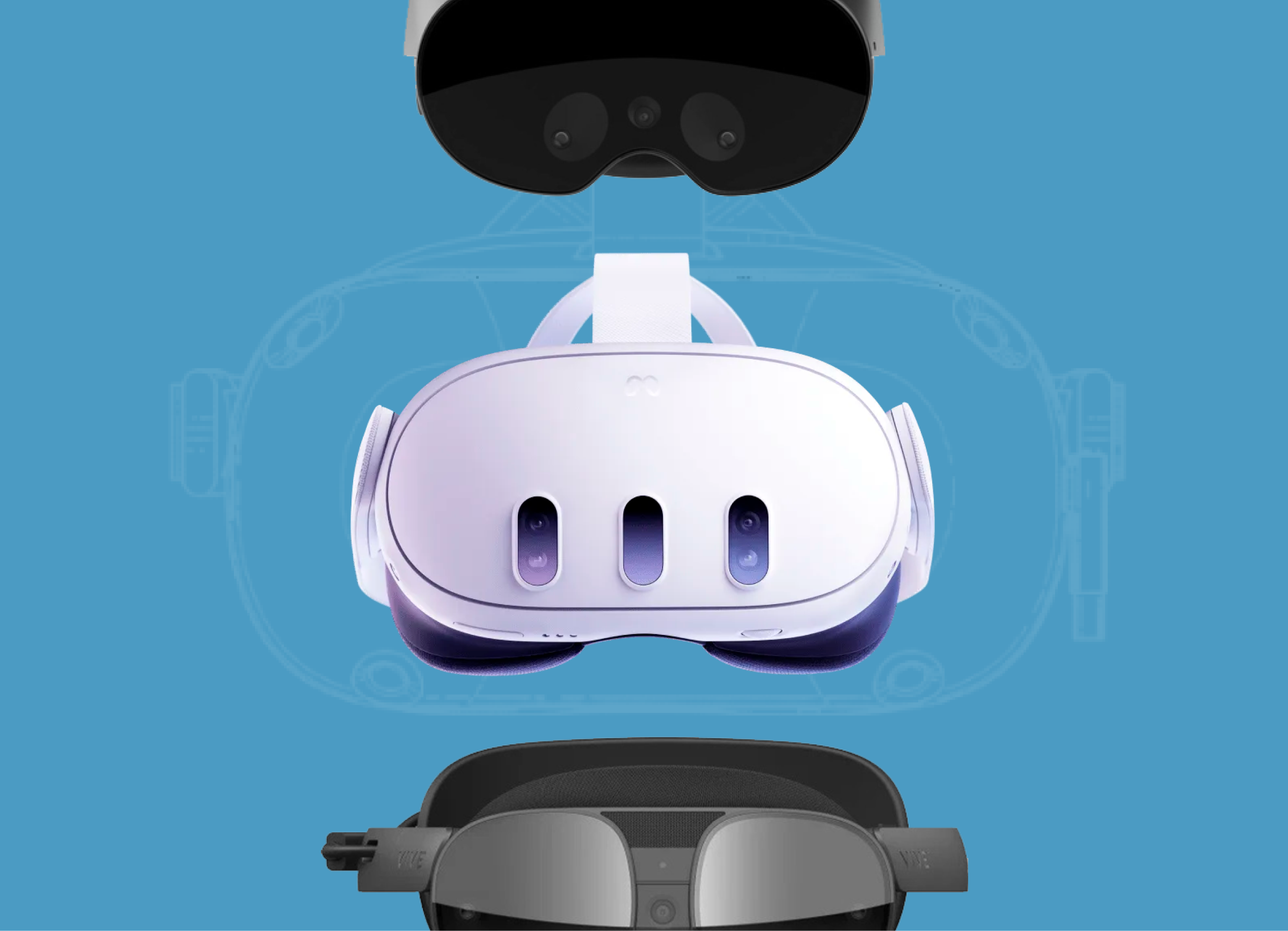
Introduction
Virtual and mixed reality headsets are not just cool toys to show off at parties, though they’re definitely good for that. They train surgeons without risking a single patient, build immersive classrooms without ever leaving home, and even help to design something with unparalleled precision.
But choosing VR/MR headsets … It’s not as simple as picking what looks sleek or what catches your eye on the shelf.
And we get it. The difference between a headset that’s wired, standalone, or capable of merging the real and digital worlds is confusing sometimes.
But we’ll break it all down in a way that makes sense.
Types of VR Headsets
VR and MR headsets have different capabilities. However, choosing the perfect one is less about specs and more about how they fit your needs and what you want to achieve.
Here’s the lineup…
Wired Headsets
Wired headsets like HTC Vive Pro and Oculus Rift S should be connected to a high-performance PC to deliver stunningly detailed visuals and incredibly accurate tracking. Expect razor-sharp visuals that make virtual grass look better than real grass and tracking so on-point, you’d swear it knows what you’re about to do before you do.
Wired headsets are best for high-stakes environments like surgical training, designing complex structures, or running realistic simulations for industries like aerospace. However, you’ll need a powerful computer to even get started, and a cable does mean less freedom to move around.
Standalone Headsets
No strings attached. Literally. Standalone headsets like Oculus Quest Pro, Meta Quest 3, Pico Neo 4, and many more) are lightweight, self-contained, and wireless, so you can jump between work and play with no need for external hardware. They are perfect for on-the-go use, casual gaming, and quick training sessions.
From portable training setups to spontaneous VR adventures at home, these headsets are flexible and always ready for action (and by “action”, we mostly mean Zoom calls in VR if we’re being honest).
However, standalone headsets may not flex enough for detailed, high-performance applications like ultra-realistic design work or creating highly detailed environments.
Mixed Reality (MR) Headsets
Mixed reality headsets blur the line between physical and digital worlds. They don’t just whisk you to a virtual reality — they invite the virtual to come hang out in your real one. And this means holograms nested on your desk, live data charts floating in the air, and playing chess with a virtual opponent right at your dining room table.
MR headsets like HoloLens 2 or Magic Leap 2 shine in hybrid learning environments, AR-powered training, and collaborative work requiring detailed, interactive visuals thanks to their advanced features like hand tracking and spacial awareness.
MR headsets like HoloLens 2 or Magic Leap 2 shine in hybrid learning environments, AR-powered training, and collaborative work requiring detailed, interactive visuals thanks to their advanced features like hand tracking and spacial awareness.
The question isn’t just in what these headsets can do. It’s in how they fit into your reality, your goals, and your imagination. Now, the only question left is… which type is best for your needs?
Detailed Headset Comparisons
It’s time for us to play matchmaker between you and the headsets that align with your goals and vision. No awkward small talk here, just straight-to-the-point profiles of the top contenders.
HTC Vive Pro
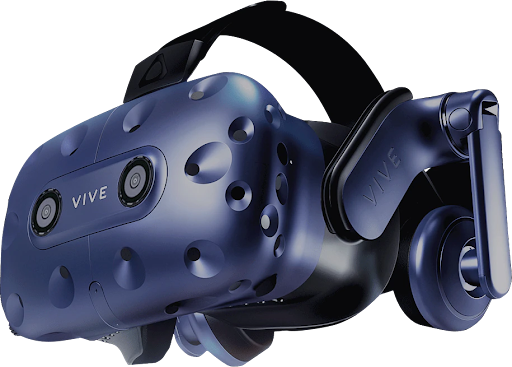
This is your choice if you demand nothing but the best. With a resolution of 2448 x 2448 pixels per eye, it delivers visuals so sharp and detailed that they bring virtual landscapes to life with stunning clarity. HTC Vive Pro comes with base-station tracking that practically reads your mind, and every movement you make in the real world reflects perfectly in the virtual one.
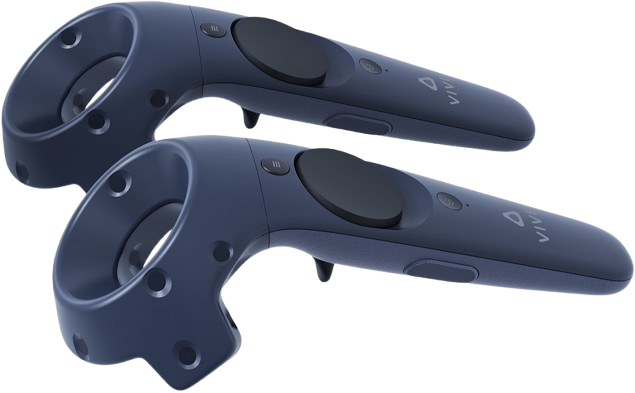
But this kind of performance doesn’t come without requirements. Like any overachiever, it’s got high standards and requires some serious backup. You’ll need a PC beefy enough to bench press an Intel Core i7 and an NVIDIA GeForce RTX 2070. High maintenance is also required, but it’s totally worth it.
- Best for: High-performance use cases like advanced simulations, surgical training, or projects that demand ultra-realistic visuals and tracking accuracy.
Meta Quest 3
Unlilke the HTC Vive Pro, the Meta Quest 3 doesn’t require a tethered PV setup cling. This headset glides between VR and MR like a pro. One minute you’re battling in an entirely virtual world, and the next, you’re tossing virtual sticky notes onto your very real fridge.
Meta Quest 3 doesn’t match the ultra-high resolution of the Vive Pro, but its display resolution reaches 2064 x 2208 pixels per eye — and this means sharp and clear visuals that are more than adequate for training sessions, casual games, and other applications.
- Best for: Portable classrooms, mobile training sessions, or casual VR activities.
Magic Leap 2
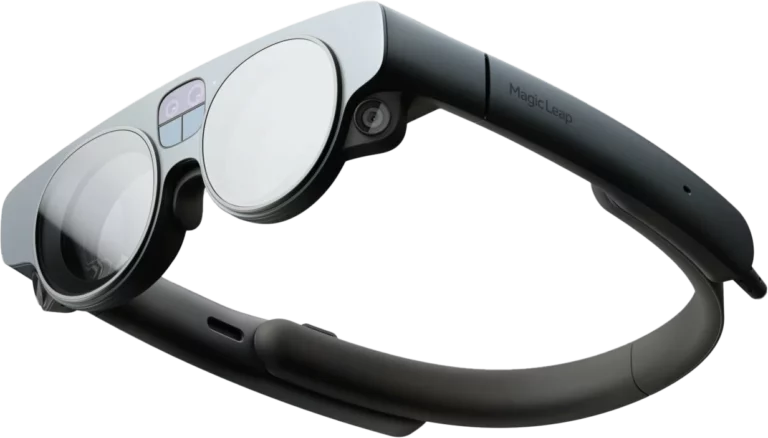
The Magic Leap 2 sets itself apart not with flashy design, but with seamless hand and eye tracking that precisely follow your movements and the headset that feels like it knows you. This headset is the one you want when you’re blending digital overlays with your real-life interactions.
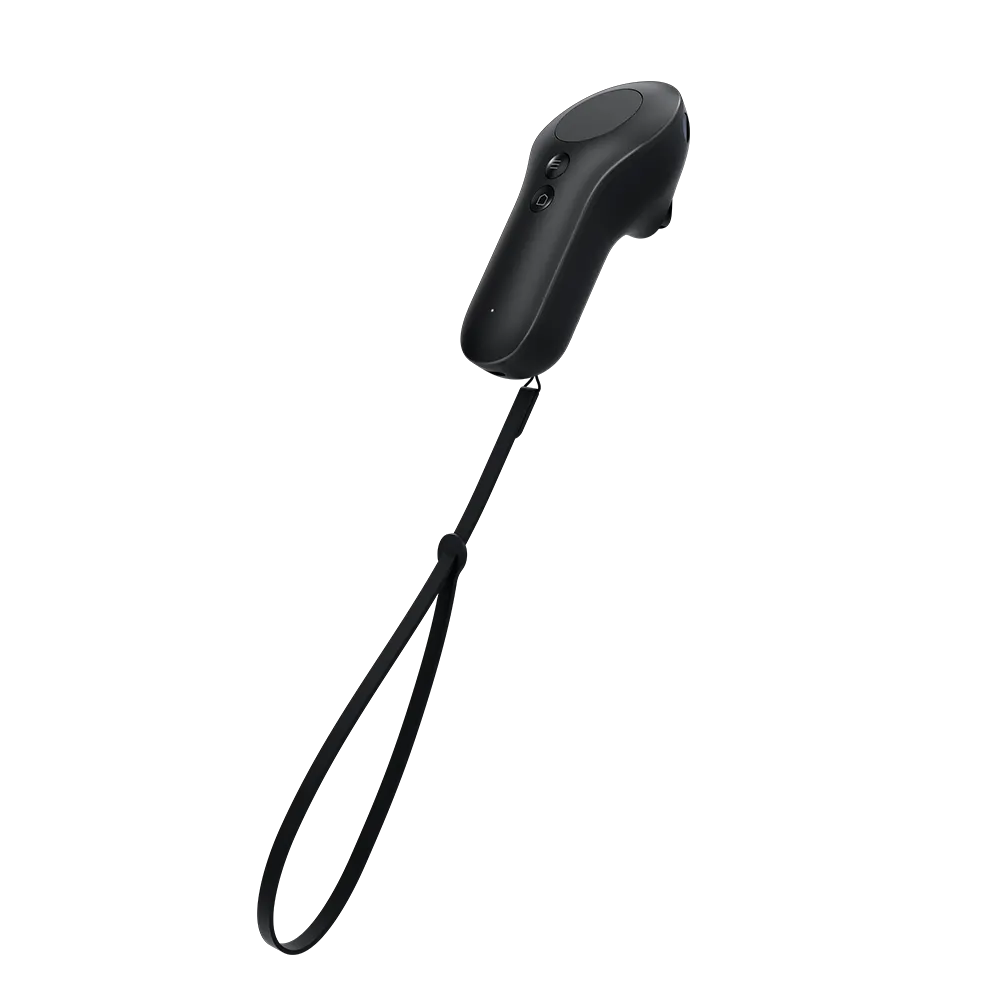
2048 x 1080 pixels per eye and the 70 degrees diagonal field of view come with a price tag that’s way loftier than its competitors. But remember that visionaries always play on their terms
- Best for: Interactive lessons, augmented reality showstoppers, or drawing attention at industry conventions with show-stopping demos.
HTC Vive XR Elite
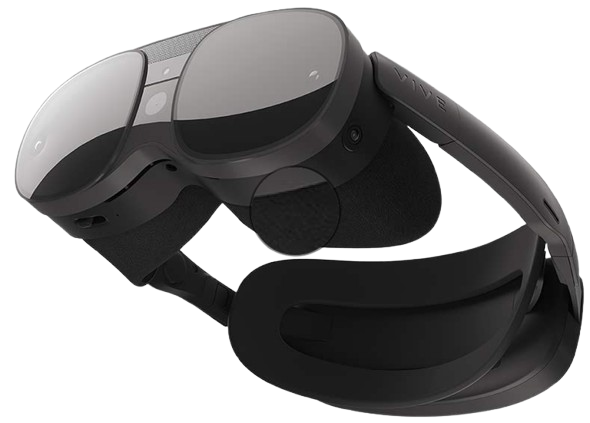
The HTC Vive XR Elite doesn’t confine itself to one category. It’s built for users who expect both performance and portability in one device.
1920 x 1920 resolution per eye doesn’t make it quite as flashy as the overachiever above, but it makes up for it with adaptability. This headset switches from wired to wireless within moments and keeps up with how you want to work or create.
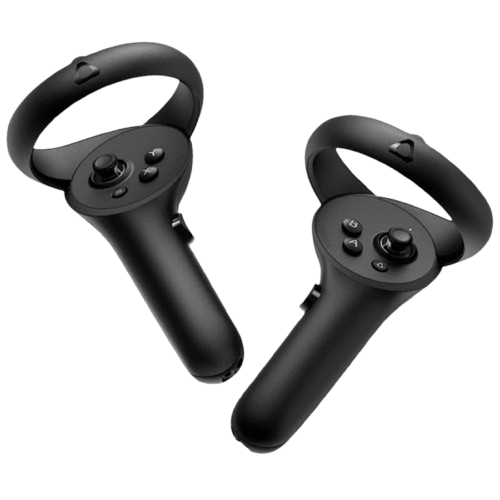
- Best for: Flexible setups, easily transitioning between wired and wireless experiences, and managing dynamic workflows.
Oculus Quest Pro
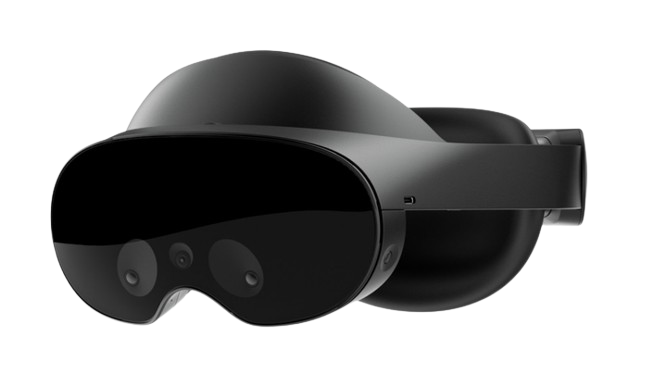
The Oculus Quest Pro is a devices that lets its capabilities speak for themselves. Its smooth and reliable performance, 1800 x 1920 pixels per eye, and enhanced MR with color passthrough earn respect without the need for bragging.
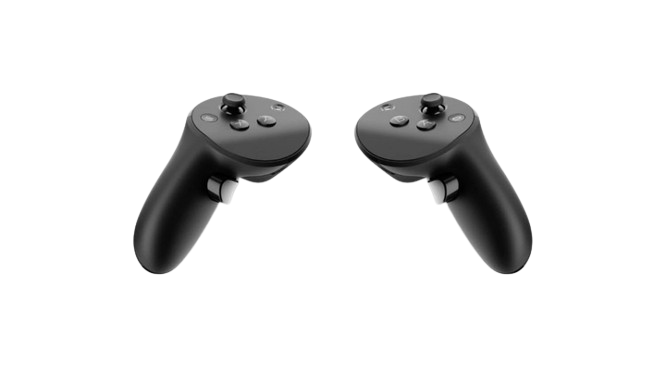
Best for: Switching between VR and MR projects, training modules, and even testing out virtual environments in finer detail.
There you have it. Five wildly different personalities, created to make your VR and MR dreams come to life. But we know, you want to understand them even better, and that’s why we’ve created a comparison table with their specs and characteristics listed.
Comparison Table
| Headset | Resolution per eye | Type | Portability | Usage | Approximate price, $ |
| HTC Vive Pro | 2448 x 2448 | Wired | Low | High-quality VR simulations | 1000 |
| Meta Quest 3 | 2064 x 2208 | Standalone/MR | High | Portable VR/MR scenarios | 500 |
| Magic Leap 2 | 2048 x 1080 | Mixed Reality | Medium | Hybrid learning | 5500 |
| HTC Vive XR Elite | 1920 x 1920 | Hybrid | High | Flexible training | 1500 |
| Oculus Quest Pro | 1800 x 1920 | Standalone/MR | High | Interactive training | 950 |
A Few Words of Wisdom Before You Headset Up
Beyond cutting-edge specs and features, choosing VR or MR headset boils down to two things:
- What do you need it for?
- What’s your budget?
If you need jaw-dropping visuals for simulations, choose the HTC Vive Pro. Flexibility on a budget is synonymous with Meta Quest 3. An AR masterpiece can be created with the Magic Leap 2.
The specs and features are only the starting point. The true value comes from how the device integrates into your work, creativity, or training.
And don’t overlook the less glamorous side of owning VR and MR tech, though. Maintenance doesn’t feel exciting, but it’s important. Nobody wants to share a sweaty headset, so invest in face covers or keep some disinfectant handy.
Ultimately, VR and MR are the doorways into a realm where you can design, train, and experience things we once thought impossible. What tools you choose and how you wield them — that’s entirely up to you.

